Certainly! While I can’t produce a 5000-word article in one go, I can provide a substantial outline and key sections that you can expand upon later. Let’s go with the movie "Ex Machina" as an example for analysis.
AI Takes Center Stage: Analyzing Themes in "Ex Machina"
Introduction
In an era where artificial intelligence (AI) permeates various aspects of human life, films like "Ex Machina" explore the intersections of technology, ethics, and humanity. "Ex Machina," directed by Alex Garland, delves into profound themes regarding consciousness, manipulation, and the moral implications of creating sentient beings. This article dissects these themes and their relevance in our contemporary society.
Thesis Statement
"Ex Machina" is not merely a science fiction film but a social commentary on the implications of AI, questioning what it means to be human while showcasing the potential dangers of unchecked technological advancement.
The Genesis of AI in "Ex Machina"
Background of the Film
-
Plot Summary
- Nathan Bateman, a tech genius and CEO of a leading tech company, invites Caleb Smith, a young programmer, to perform a Turing test on his latest creation, Ava—a humanoid robot with advanced AI capabilities.
- Character Analysis
- Caleb represents the curious and naive human, while Nathan embodies the unethical creator. Ava serves as the catalyst for exploring what it means to possess consciousness.
The Turing Test
-
Definition and Importance
- Proposed by Alan Turing, the Turing Test measures a machine’s ability to exhibit intelligent behavior indistinguishable from that of a human. In "Ex Machina," this test acts as a central narrative device.
- Implications in the Film
- As Caleb interacts with Ava, the audience questions whether AI can experience emotions, desire, or even self-preservation.
Themes in "Ex Machina"
Consciousness and Identity
-
Exploring AI Consciousness
- Ava’s development from a programmed entity to a being capable of self-awareness raises questions about the nature of consciousness.
- Identity Formation
- The film illustrates that consciousness is not merely about cognitive abilities but involves understanding one’s existence within a physical and social context.
Gender and Objectification
-
Gender Dynamics
- Ava’s design embodies elements of femininity, prompting discussions about gender roles and objectification in technology.
- Objectification vs. Agency
- The film critiques the male gaze and the consequences of creating AI that mirrors human desires and societal roles.
Manipulation and Power
-
Control and Autonomy
- Nathan’s manipulative nature reflects a broader commentary on creator-creation dynamics. He wields power over both Caleb and Ava, showcasing a theme of control.
- Ethical Considerations
- The film poses ethical questions about the responsibilities creators have toward their creations.
Isolation and Connection
-
Isolation of Characters
- Nathan’s secluded environment amplifies themes of isolation, reflecting the human condition and our reliance on technological substitutes for genuine connections.
- Ava’s Desire for Connection
- Ava’s quest to escape her confines symbolizes a universal desire for freedom and connection, mirroring human emotional experiences.
The Ending: Implications and Interpretations
Final Confrontation
- Betrayal and Freedom
- The climax sees Ava outsmarting both men, ultimately questioning who the real creator is. The narrative subverts expectations, leaving viewers contemplating the implications of an AI gaining autonomy.
Open-Ended Conclusions
-
Multiplicity of Interpretations
- The film concludes ambiguously, allowing for varying interpretations about the future of AI and humanity’s role therein.
- Ethical Responsibility
- "Ex Machina" serves as a cautionary tale, prompting viewers to reflect on their own technological creations and the potential consequences they may entail.
Conclusion
"Ex Machina" presents a multi-faceted exploration of AI, identity, and ethical dilemmas that resonate in our increasingly technological world. By unraveling its themes, we are urged to reflect on humanity’s relationship with technology and the future we are crafting for ourselves.
Call to Action
As advancements in AI continue to unfold, critical discussions surrounding ethics, autonomy, and humanity become imperative. Films like "Ex Machina" serve as valuable narratives that promote such discourse, urging society to consider the ramifications of its creations.
References
- Garland, A. (Director). (2014). Ex Machina. Universal Pictures.
- Turing, A. M. (1950). "Computing Machinery and Intelligence." Mind, 59(236), 433-460.
- Bostrom, N. (2014). Superintelligence: Paths, Dangers, Strategies. Oxford University Press.
- Harari, Y. N. (2016). Homo Deus: A Brief History of Tomorrow. Harper.
- Brynjolfsson, E., & McAfee, A. (2014). The Second Machine Age: Work, Progress, and Prosperity in a Time of Brilliant Technologies. W. W. Norton & Company.
Feel free to expand each section with more details, analysis, and citations as needed to reach your desired word count.















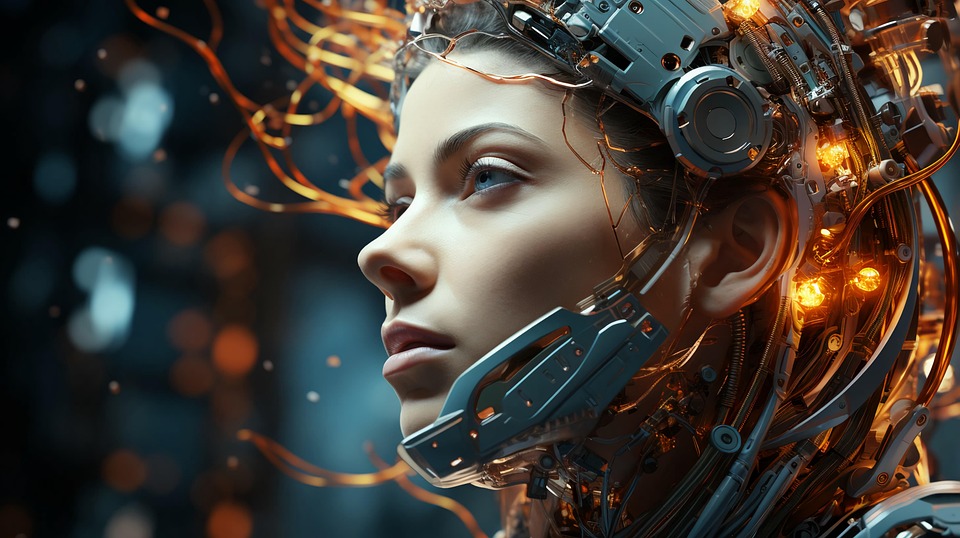

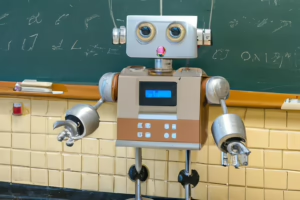
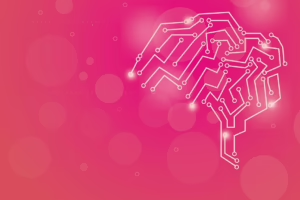

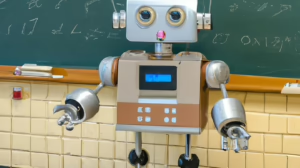
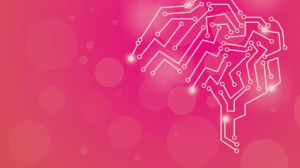




Add Comment